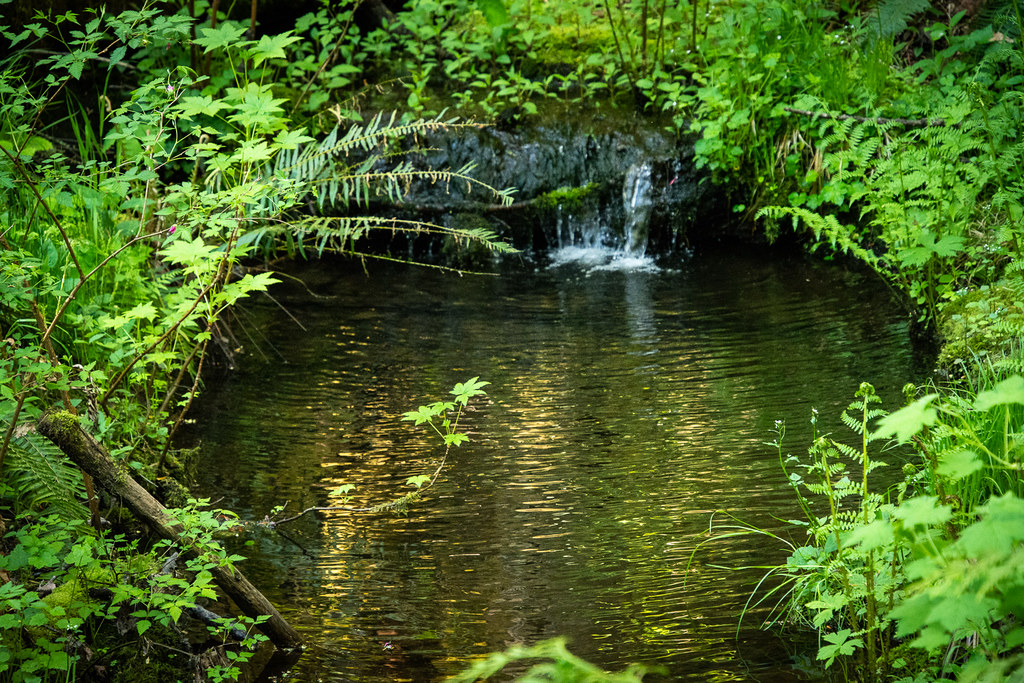EMTF-SK is hosting an online presentation on developing Saskatchewan’s sustainable energy economy at 7:30 am, Jan. 12.
The Johnson-Shoyama Graduate School of Public Policy is hosting a video conference on building an equitable Canadian science system from 12-1 pm, Jan. 13.
Nature Regina is hosting an online presentation on Indigenous peoples’ rights and environmental protection at 7 pm, Jan. 17.
Saskatoon Nature Society is hosting an online presentation on invertebrate diversity, distribution, and ecology at 7:30 pm, Jan. 20.
Nature Saskatchewan is hosting an online nature trivia night at 7 pm, Feb. 9.
Full details on all upcoming events are listed on the EcoFriendly Sask Calendar
Consumer Choices
“The most important thing consumers can do is to educate themselves about their purchases.” Vegan leather is a petroleum byproduct. Plant-based leather is a better option. [Inhabitat]
The Alberta EcoTrust Foundation, with support from the Alberta Real Estate Foundation, is undertaking a pilot project to provide digital home energy labels for houses in Calgary and Edmonton. The label will show how much energy the home uses and compare it to other similar homes. [Alberta EcoTrust] This is in line with France’s plan to notify potential home owners of a property’s energy rating. [Cities in the Next Decade]
“In the past decade alone, $40 trillion has been divested from fossil fuels ... Divestment is showing in real time that everyday people can take part in the fight against climate change, and it’s demonstrating to financial firms that climate change is no longer a worthy investment.” [Yes Magazine]
French car ads will be required to discourage driving and promote alternate forms of transportation. [Yale Environment 360]
A survey of participants in the Alberta Oilsands Monitoring Program finds monitoring to be ineffective with crucial questions being left unanswered. [La Ronge Now]
Half of global passenger-vehicle sales are expected to be electric by 2035, indicating a shift from a fuel-intensive to a material-intensive system. This will entail two big challenges. “One is how to cut down on the metals in batteries that are scarce, expensive, or problematic because their mining carries harsh environmental and social costs. Another is to improve battery recycling, so that the valuable metals in spent car batteries can be efficiently reused.” [Nature]
Pembina Institute has published a report on the Status of Boreal Woodland Caribou Conservation in Canada. It finds that “to help the species recover conservation efforts to protect the last remaining tracts of critical habitat must be prioritized. The habitats that caribou inhabit – boreal forests and peatlands – are among the most carbon-rich in the world. When caribou habitat is lost to activities such as oil and gas development and logging, significant amounts of greenhouse gases (GHGs) are released. On the other hand, when caribou habitat is conserved carbon remains in the ground.” [Pembina]
The Province of Saskatchewan’s “weak response to the climate emergency amounts to an implicit denial … The provincial government is clinging to the wrong side of history by failing to meaningfully collaborate with people in Saskatchewan — both Indigenous and non-Indigenous — and take corrective action.” [The Narwhal]
Protecting Biodiversity
Fungal networks support much of life on earth. SPUN aims to accelerate efforts to protect underground ecosystems largely absent from conservation and climate agendas. [SPUN]
Protecting roadless areas could go a long way in helping to reach conservation goals and slow extinctions – a point worth considering in Canada where we continue to add new roads. [The Revelator]
Starting in 2023, farmers in England will be paid for nature restoration and creation on their land (creation of hedgerows and wildflower meadows, wetland restoration). [Edie]
EcoFriendly Sask supports Saskatchewan environmental initiatives through an online publication, an events calendar, small grants, and the Nature Companion website/app. You can follow EcoFriendly Sask by liking us on Facebook, following us on Twitter, or subscribing by email (top right corner).

